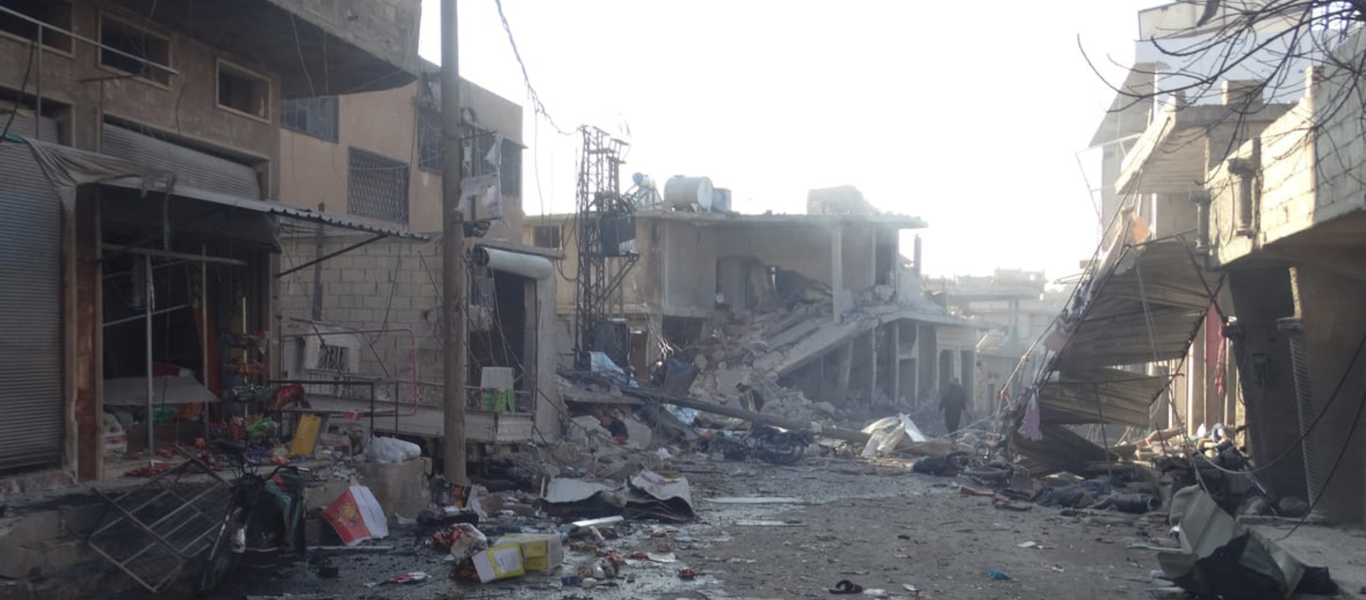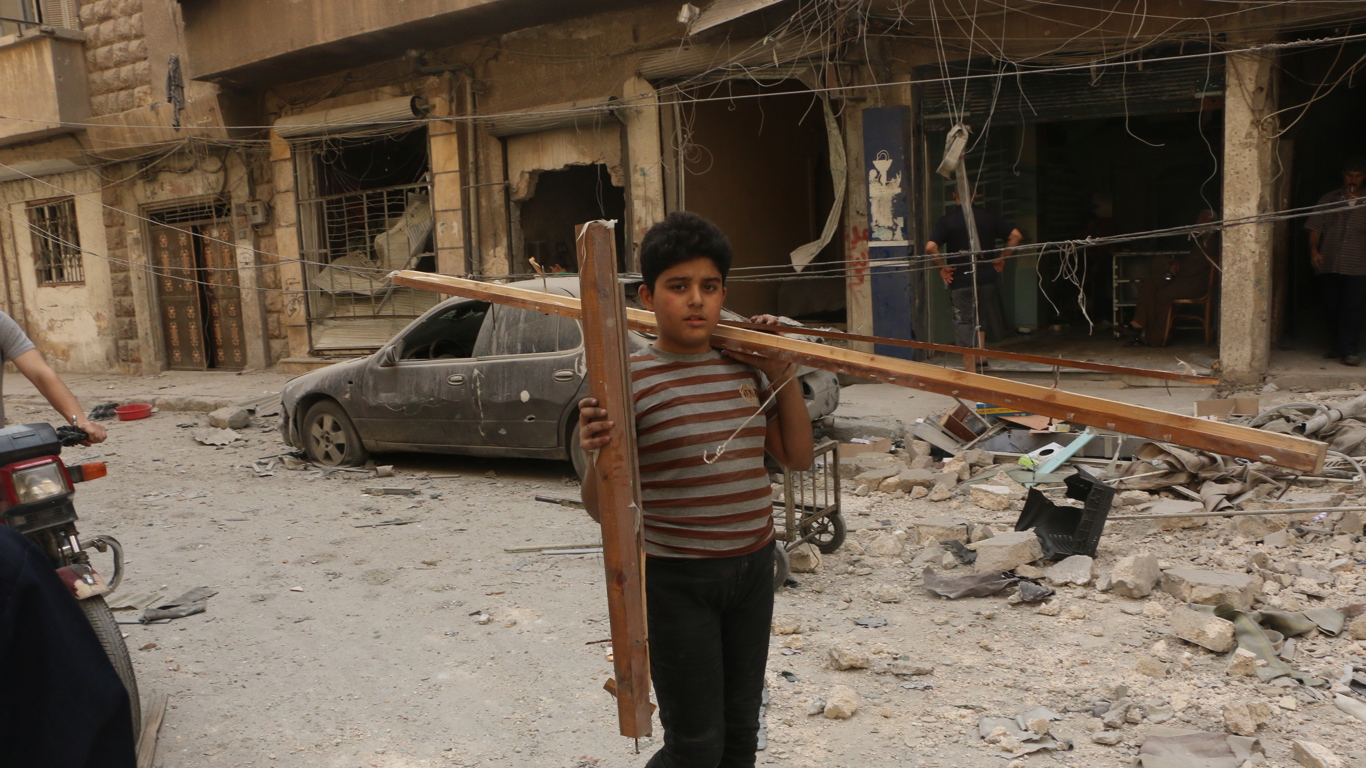
Syria Relief Condemns Cluster Munitions
Syria Relief have released a statement following the twelfth annual report by The International Campaign to Ban Landmines – Cluster Munition Coalition (ICBL-CMC) that found that over half (52%) of all victims of cluster munitions attacks were in Syria.
The report also says that 44% of these victims were children and 24% were female. The report, which uses data provided by the Syrian Network For Human Rights, found that 35 civilians were killed in 2020 as a direct result of cluster munition attacks, whilst a further 147 casualties were a result from cluster munition remnants.
Syria Relief’s Chief Executive, Othman Moqbel says
“Sadly, for Syria Relief, the impact of cluster munitions has been devastating to our work and the people we exist to help. Since April 2019, Syria Relief have had 7 of our schools and two of our healthcare facilities bombed, many by cluster munitions. Not only does this kill on impact, but it can kill days, weeks and months later. Due to the levels of poverty, many young children and forced to scavenge in bomb sites, in the hope of finding items they can sell, but often they find a shiny metal object, thinking it is a toy. Just five weeks ago, a 7-year-old and an 11-year-old were killed by an unexploded bomb after one of our schools, in an IDP camp, was bombed weeks earlier. There is no excuse for any military actor to use cluster munitions, least of all when targeting schools and hospitals – trying to achieve a military victory by deliberately targeting civilian life is a war crime and the world needs to wake up and be outraged at just how common place this is in Syria.
As Syria Relief found last month, the more the world normalises war crimes in Syria, the more common place they’ll be. There needs to be an effort from the media to cover all atrocities committed, an effort from politicians to build the political will to stop war crimes and an effort from the general public to talk about what is going on and be angry about it.
We would not accept a cluster bomb dropped on a school anywhere else in the world, so why are we accepting it in Syria?”

